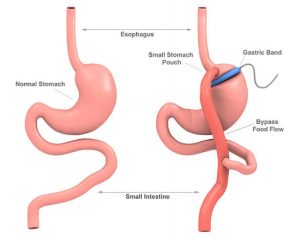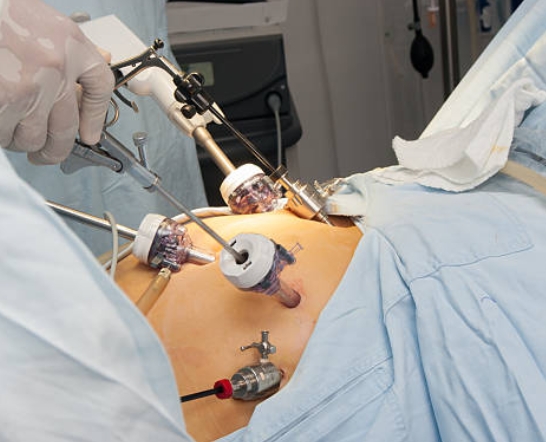People are sensitive when it comes to their body and their weight. Many people want to live through life, eat their favorite foods, and drink without worrying about gaining weight or being obese. This is where gastric bypass surgery comes into play. However, gastric bypass surgery can also be used to treat sleep apnea, type 2 diabetes, hypertension and other comorbid conditions.
Gastric bypass surgery is a medical procedure through which you lose weight by rearranging your stomach and small intestine to absorb the food you consume. Gastric bypass surgery is often recommended on obese people when diet and exercise failed to work or when you have serious health problems because of your weight.
The procedure adjusts your stomach and intestine to ensure foods you consume are no longer absorbed by some parts of your stomach and intestine, therefore no longer go into some parts of your stomach and small intestine that absorb food. Hence, your stomach becomes smaller, and you’ll feel satisfied with less food.
Gastric bypass surgery is performed using the following two steps:

The first step is to make your stomach smaller. This is done by the surgeon using stables to part your stomach, making one part a small upper section and the other a larger bottom section. The top section of your stomach is referred to as the pouch, and that is where the food you consume will go to. This ensures you eat less and also lose weight.
The second step is referred to as bypass, and it is achieved by the surgeon connecting a small part of your small intensive called the jejunum to a small hole in your pouch. It will pass from your pouch into the new opening and then into your small intestine when you eat food. The result means that your body will absorb few calories.
There are two main ways surgeons carry out gastric bypass surgery, and they are.
1. Open surgery
In this procedure, your stomach will be cut open by your surgeon by making a large surgical cut to perform the bypass. This is achieved by working on your stomach, small intestine and other organs.
2. Laparoscope
The laparoscope is another procedure to perform gastric bypass surgery. The surgeon places a camera in your stomach connected to a video monitor in the operating room. This allows the surgeon to view inside your stomach while doing the operation. During the surgery, the surgeon will make 4 to 6 small cuts in your stomach and insert the scope and instruments to perform the surgery.
You should note that laparoscope has more advantages than open surgery because it takes a shorter time to perform, and you’ll spend less time in hospital after surgery. Also, you will feel less pain and have more minor scars while the risk of getting a hernia or infections are drastically reduced.

Risks and complications of undergoing gastric bypass surgery
Before you undergo this surgical procedure, your surgeon will first make you understand the complications and side effects that you may experience after the surgery to make an informed decision.
The following are the adverse risks you may experience after undergoing gastric bypass surgery;
- Hernia infection
- Internal or profuse bleeding of the surgical wound may occur
- Your stomach or intestine may be perforated.
- Obstruction of the pouch or bowel
- Injury to the spleen and other body organs.
- You may suffer stomach or intestine ulceration
- Development of gallstones
- Risk of pulmonary or cardiac problems
- Skin separation
- You may lack vitamin or iron.








